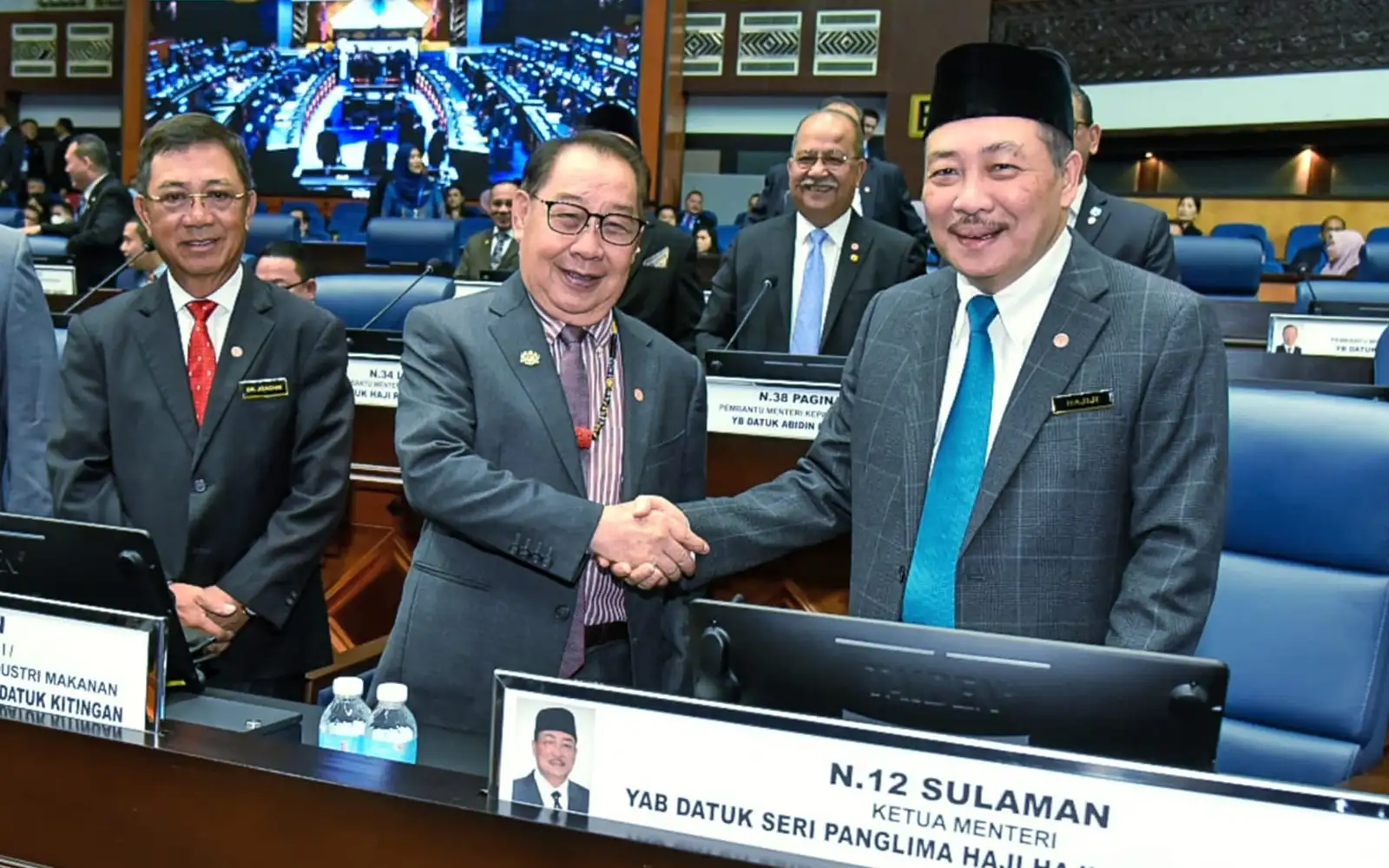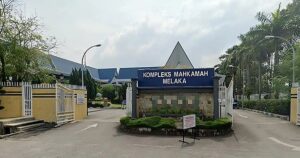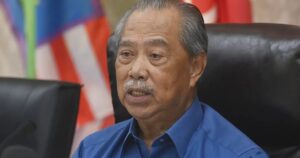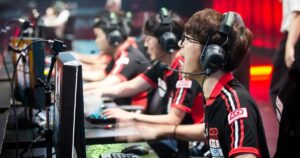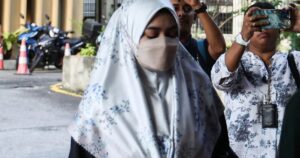
Parti Bersatu Sabah and Parti Solidariti Tanah Airku have been urged to resist the temptation of breaking away from the ruling Gabungan Rakyat Sabah coalition ahead of elections to the Sabah state assembly.
The elections are expected to take place later this year.
A political analyst who asked to remain anonymous said some in PBS and STAR were pushing for their parties to contest for more seats in the elections, especially in areas with a sizable Kadazandusun Murut (KDM) electorate.
On the other hand, Romzi Ationg of Universiti Malaysia Sabah said certain segments within PBS and STAR wanted their parties to quit GRS and align with others if they did not obtain more KDM seats.
“Their leaders have yet to make any statement, but the best move for the two KDM-based parties would be to remain in GRS,” Romzi told FMT.
He said GRS would be in a better position to give them the financial backing needed to expand their presence in the state, including KDM-majority areas.
GRS chairman Hajiji Noor, who is also the chief minister, could further assist the two parties through mobilisation of grassroot members, he said.
“Hajiji can help PBS and STAR shore up local sentiment for both parties.”
The other analyst said STAR and PBS could fare worse in KDM seats if they broke away from GRS as Hajiji’s Parti Gagasan Rakyat Sabah also had a strong KDM membership.
He said there was the risk of multi-cornered contests for the KDM seats, with no guarantee of STAR and PBS being able to forge an alliance with other parties.
PBS, headed by acting president Joachim Gunsalam, currently holds seven state seats (Tandek, Matunggong, Tamparuli, Kiulu, Lumadan, Kundasang, and Telupid).
STAR, led by deputy chief minister Jeffrey Kitingan, has six seats (Paginatan, Tambunan, Kiulu, Sook, Tulid, and Liawan).
Hajiji’s party is believed to have some 150,000 members from among the KDM communities, making competition for the ethnic vote unwise.
“By leaving the coalition, PBS and STAR will end up competing with PGRS for the native vote, which will result in votes being split. That will not benefit PBS or STAR and will be to the detriment of the KDM communities,” he said.
Sivamurugan Pandian of Universiti Sains Malaysia agreed that PBS and STAR should remain with GRS, especially with the state election expected within the next few months.
“PGRS may give in during seat negotiations and will provide solid support to both parties. Furthermore, it is better for PBS and STAR to work with the incumbent government.”
He also said another important reason for PBS and STAR to stay with GRS was that they are all Sabah-based parties.
“By sticking together, PBS and STAR will have a stronger base and could negotiate under the umbrella of the coalition.
Sivamurugan said that with the support of the ruling coalition, both parties will be able to begin preparing their machinery and identifying winnable candidates to increase their representation in the state assembly.
The term of the current state assembly expires on Nov 11, according to the speaker, Kadzim Yahya. Elections must be held within 60 days of dissolution, unless the assembly is dissolved earlier.
